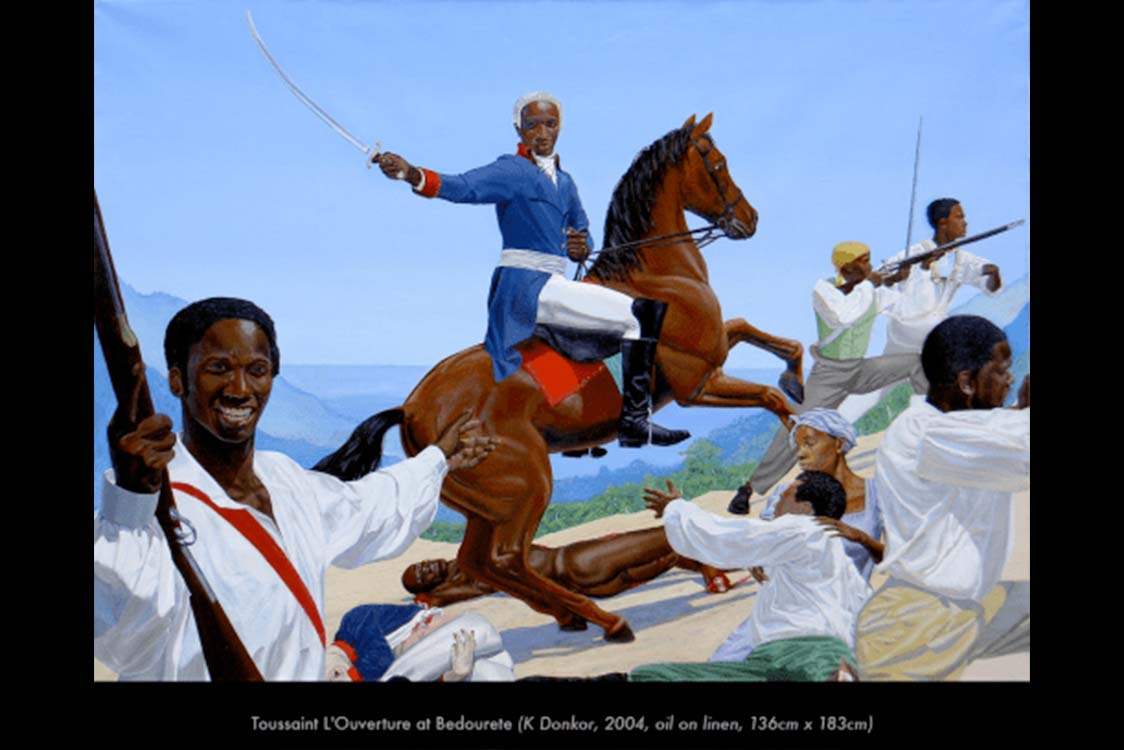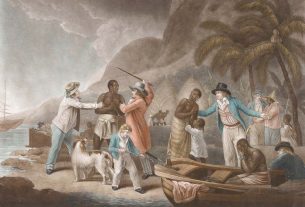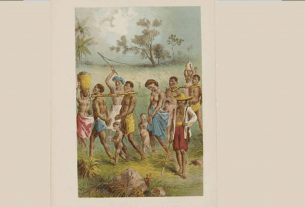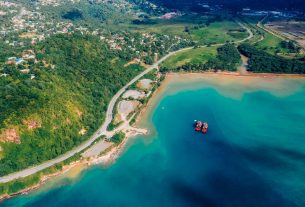On every island and in every province in the Caribbean there were rebellions by enslaved Africans. Some lasted hours, others for several days. In 1763 Berbice (Guiana), Africans led by Cuffe (Kofi), militarily defeated their enslavers and placed a revolutionary government in power for almost a year. But it was the uprising in St Domingue (Haiti) from 1791 that was the most notable.
Led by Toussaint L’Ouverture, the Haitian Revolution brought freedom to hundreds of thousands of Africans there. Among those defeated were two French armies, a British army, a Spanish army and an army of local ‘whites’ and ‘coloureds.’ When Haitians declared independence on January 1, 1804, it was estimated that about 100,000 French, Spanish and British soldiers had been kill ed, but not before they massacred more than 200,000 Africans. The Haitian r evolution influenced rebellions in the Americas, including the biggest uprising of enslaved Africans in US history, the ‘1811 German Coast Uprising’ in Louisiana. It was mercilessly crushed.
The Haitian Revolution influenced the people in Spanish and Portuguese colonies, to seek their own independence through revolutionary wars. Examples include Mexico (1810-1821), Venezuela (1811-1823), and Argentina (1810-1818).




